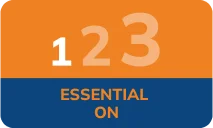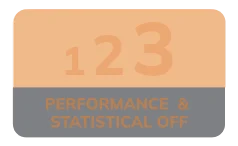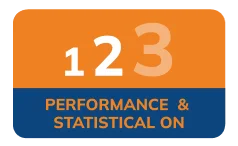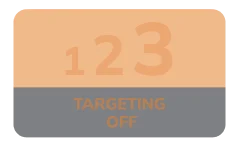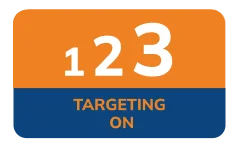Smishing
It is a combination of short message service (SMS - also known as text messaging) and phishing (the act of emailing someone with the intent of obtaining personal information that can be used for identity theft). It is similar to both phishing, which using an email as a medium, and vishing, which uses phone calls, in smishing, fraudster uses SMS as a medium to trick you in giving them your financial or personal information such as your Internet Banking User ID, Password, PIN, credit card / debit card / bank account number, card verification value (CVV) number, etc.
Messages are being received across the country by cell phone users claiming their accounts are delinquent, need to be updated or even to register for a new program. Messages could also be received from a retailer, offering discounts or gift vouchers or HMRC informing that a tax refund is due to you or Government providing information about COVID19. Links in the message and toll-free telephone numbers are being used.
- ICICI Bank will never send a SMS that ask for confidential information. If you receive a SMS requesting your Internet Banking security details like PIN, password or account number, you should not respond.
- In case of any doubts, kindly call us or the relevant institution from whom the text claims to have been sent to check its authenticity.
- Cell phones can get viruses, so never click on links from any unknown person.
- Never share financial or personal information by e-mail or text message.
- Tell us about suspicious e-mails that contain our name or logo or SMS messages that ask for confidential information. Forward the original email to us at reportphishing@icicibank.com.
- Check accounts regularly to spot fraud or unauthorised account access.
- Change your passwords immediately.
- In case you've provided your financial or personal information to someone who you later think is a scammer, immediately call us at 0344 412 4444 (in case you are in UK) or +44 203 478 5319 (in case you are outside the UK) and ask about cancelling fraudulent transactions and/or blocking future changes.
- You may also report your incident to Action Fraud at https://reporting.actionfraud.police.uk/login and other institutions with whom you have relationships.
For more information and guidance on cyber security, kindly visit website of the National Cyber Security Centre (NCSC) at www.ncsc.co.uk. The NCSC is an organisation of the United Kingdom Government that provides advice and support for the public and private sector in how to avoid computer security threats.
Scroll to Top





